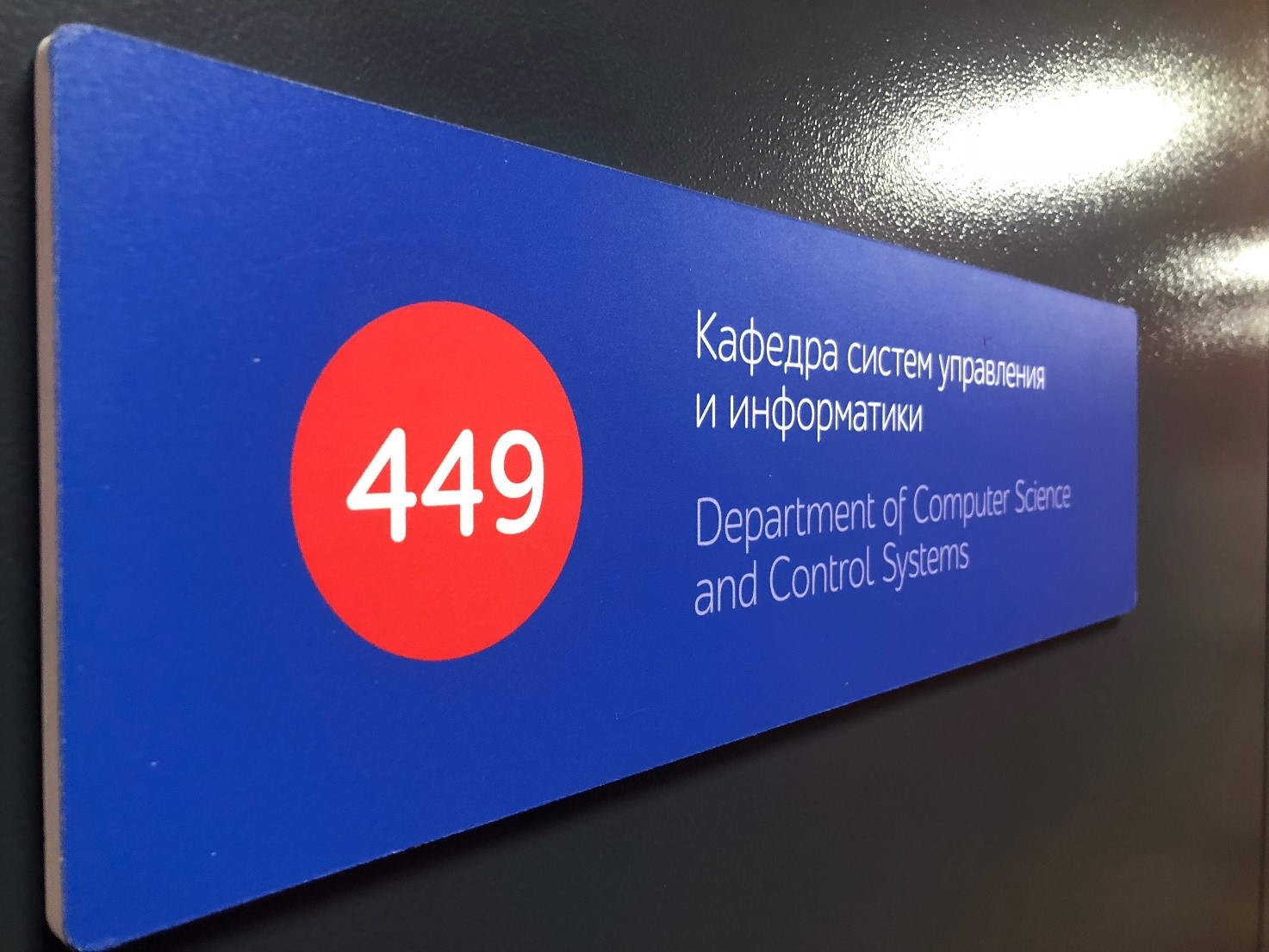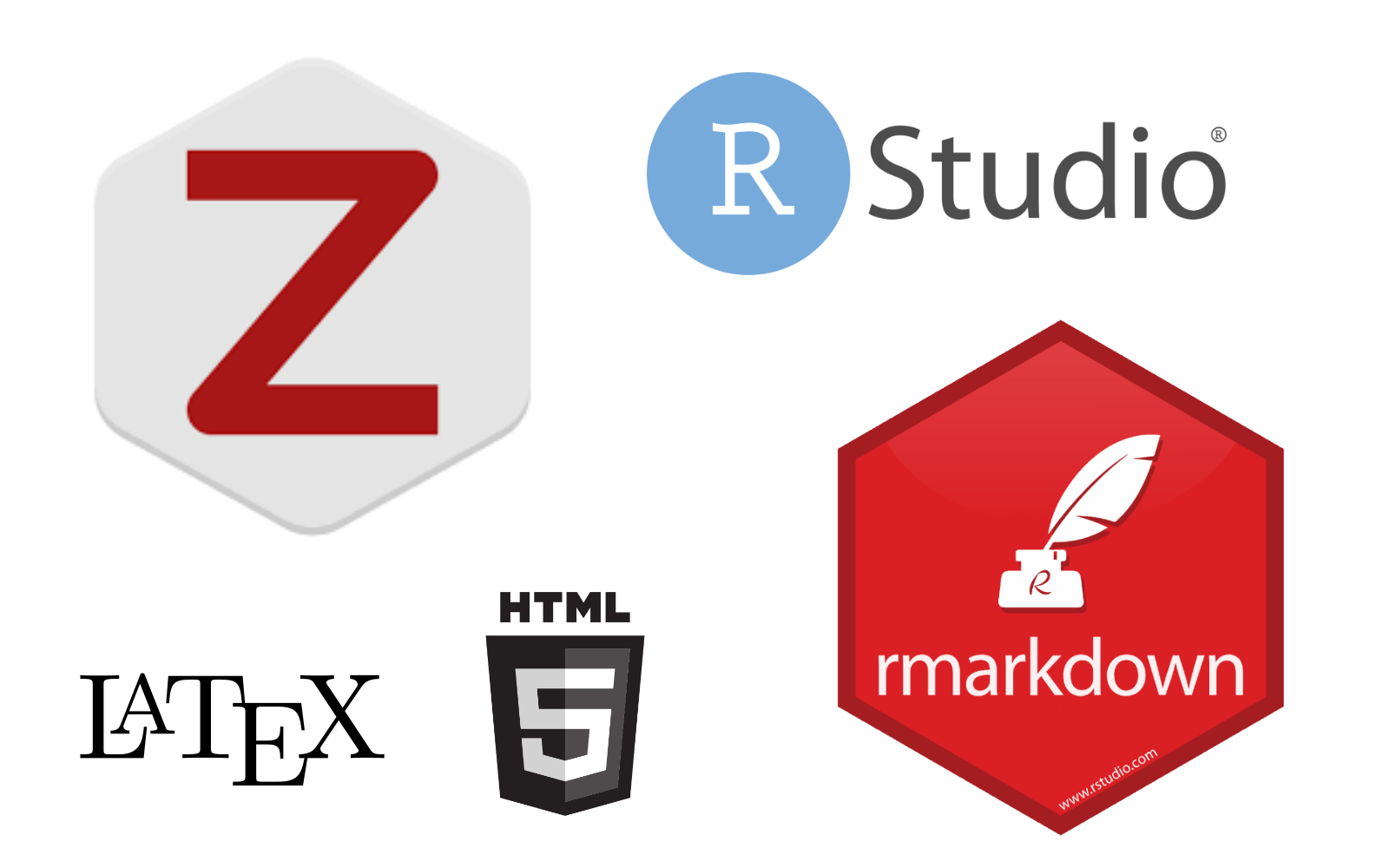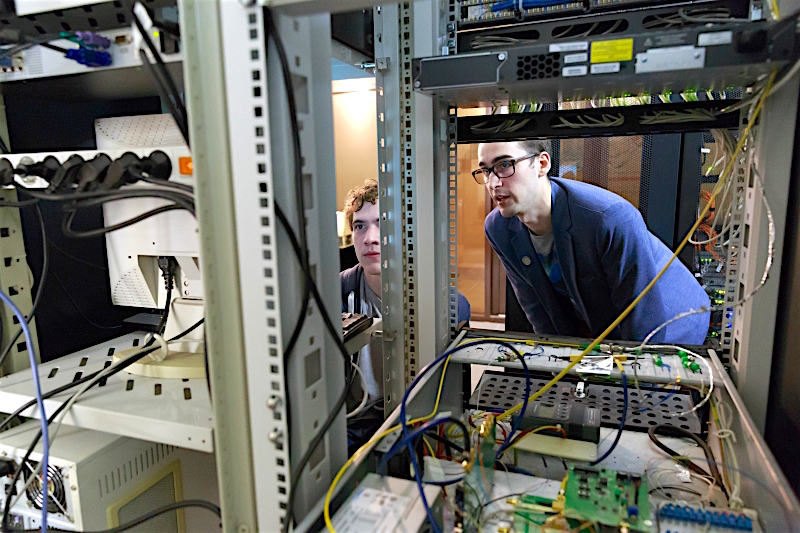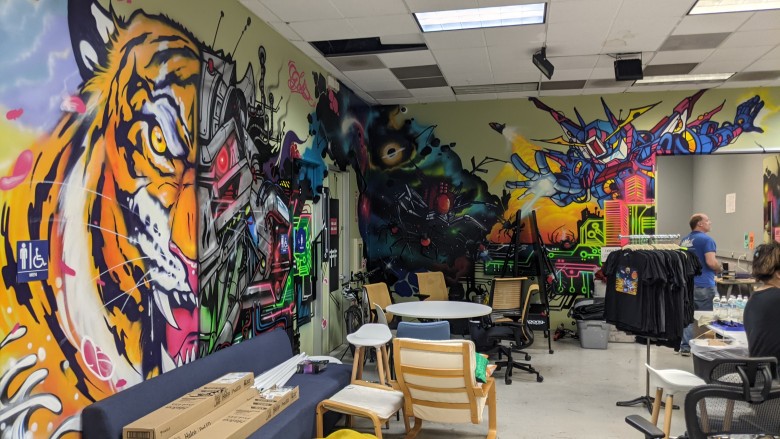The Challenge of Mandatory Learning
Once we had several mandatory learning courses designed to be passed successfully by all employees. Still, many of them struggled to do so. Reminder emails to all participants could not solve the issue. And that is when my team was summoned to develop a thorough plan to reduce the number of overdue courses to a minimum. Of course, we were asked to develop something fun and engaging.
Uncovering the Root Problems
While working on the project, we managed to uncover several problems with course assignments, including the fact that they were not offered just in time, there were too many of them, and all of them had different due dates, which made it impossible to remember when to complete them. Additionally, we found that the content itself was often dry and unengaging, further contributing to the lack of motivation among employees. Finally, we came up with a system of notifications that included clear explanatory reminder emails, an escalation system, and a redesign of the course content to make it more interactive and relevant to employees' daily work. The result was almost no overdue courses after system integration.
The Myth of Mandatory Fun
So the case first seemed to be about motivation and engagement, but it is actually about smart course design that allows people to worry about work tasks instead of worrying about course assignments. It's also about creating content that resonates with the learners and helps them see the value in the training.
















